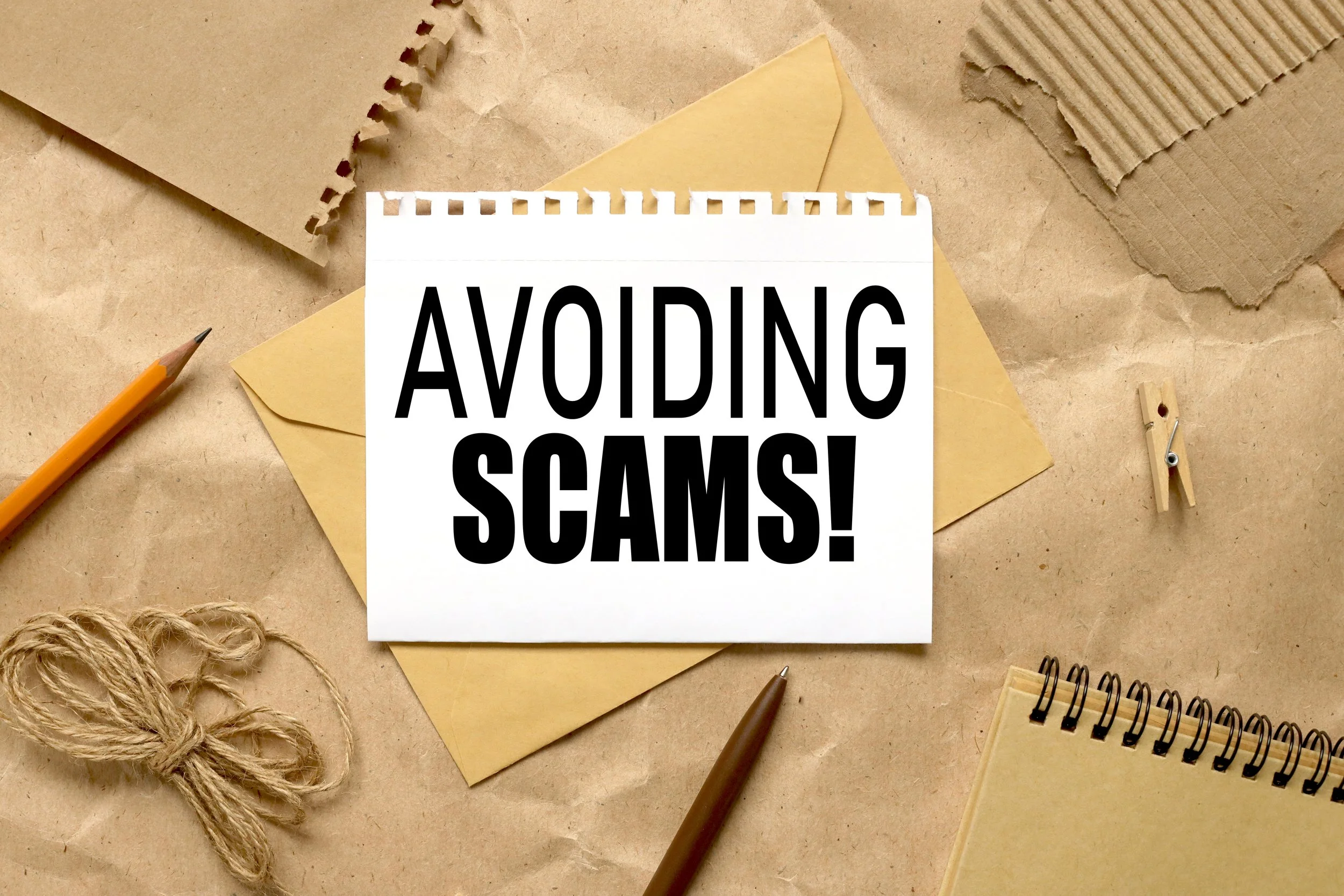The Little Black Book of Scams from the ACCC
In an era where tech is part and parcel of our everyday lives, scams have become increasingly complex, making anyone a potential target. The Australian Competition and Consumer Commission (ACCC) has put together some essential advice in "The Little Black Book of Scams" to help us all recognise, dodge, and shield ourselves from these dodgy dealings.
First off, it's key to understand what a scam actually is. Typically, it involves motives to steal your money or personal info. Scammers concoct convincing, yet, entirely made-up scenarios to reel us in. These could range from seemingly unbeatable financial deals to distressing pleas for help.
One of the most common ways scammers try to hook you is through digital communications like emails and text messages. Often, these messages seem to come from legit places like government bodies, well-known companies, or even mates. They might urge you to click a link, leading you to a fake website designed to pinch your personal details. The urgency and seeming authenticity make it tough to spot these as scams right off the bat.
Phone calls are another favourite tool for scammers, who can tweak caller ID to look like they’re ringing from a familiar organisation. They typically fish for personal or financial details, whipping up a sense of urgency or fear to spur you into action.
And let’s not overlook online platforms. From dodgy e-commerce sites flogging goods at too-good-to-be-true prices to social media profiles that mimic real people, scammers use every trick in the book to look credible. See last months article for more tips here. Be especially wary of websites asking for payments in unconventional ways, like gift cards or cryptocurrencies.
When it comes to social media and apps, always tread carefully with unfamiliar profiles. Scammers often pose as personal connections or celebs endorsing products or investments, usually leading to financial losses for those duped by these deceptive endorsements.
Here’s how the ACCC suggests we stay sharp:
Always double-check the source of any communication using contact info you know is legitimate, rather than what’s provided in a suspicious email, message, or call.
Keep a tight lid on your personal and financial info—share it only when you're absolutely certain of the other party's legitimacy.
Keep your software and apps up to date to avoid security vulnerabilities that scammers can exploit.
Regularly back up your important data to external drives. This safeguard ensures that if you do fall prey to a cyberattack, your personal information and critical data are secure and retrievable, reducing potential losses.
If you encounter a scam, report it to authorities like Scamwatch to aid the broader effort to combat these fraudulent activities.
Remember, scams aren't just a hit to the wallet; they can also have a serious emotional toll. Recognising that scams can happen to anyone helps reduce stigma and bolsters community support for those affected. Resources like the ACCC’s guide are invaluable for empowering us to stay safe in this digital age.
So, stay informed, stay sceptical, and stay safe. For more detailed info on navigating these threats, check out the full "The Little Black Book of Scams" through the ACCC's official website, and give it a good read so that you have a better chance of being vigilant.
Edin Read.
Founder & Chief Technician.
☎️ +61 401 018 615

